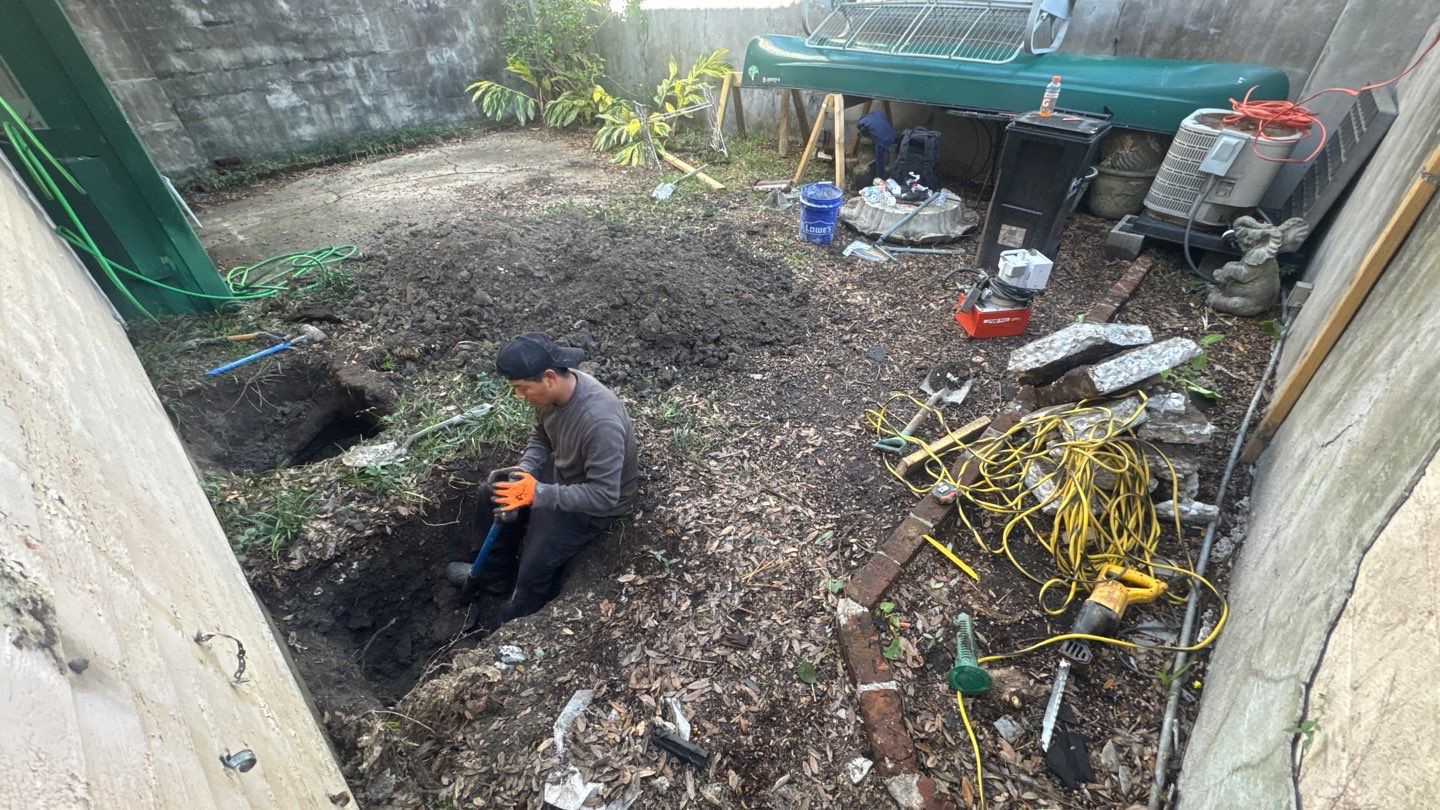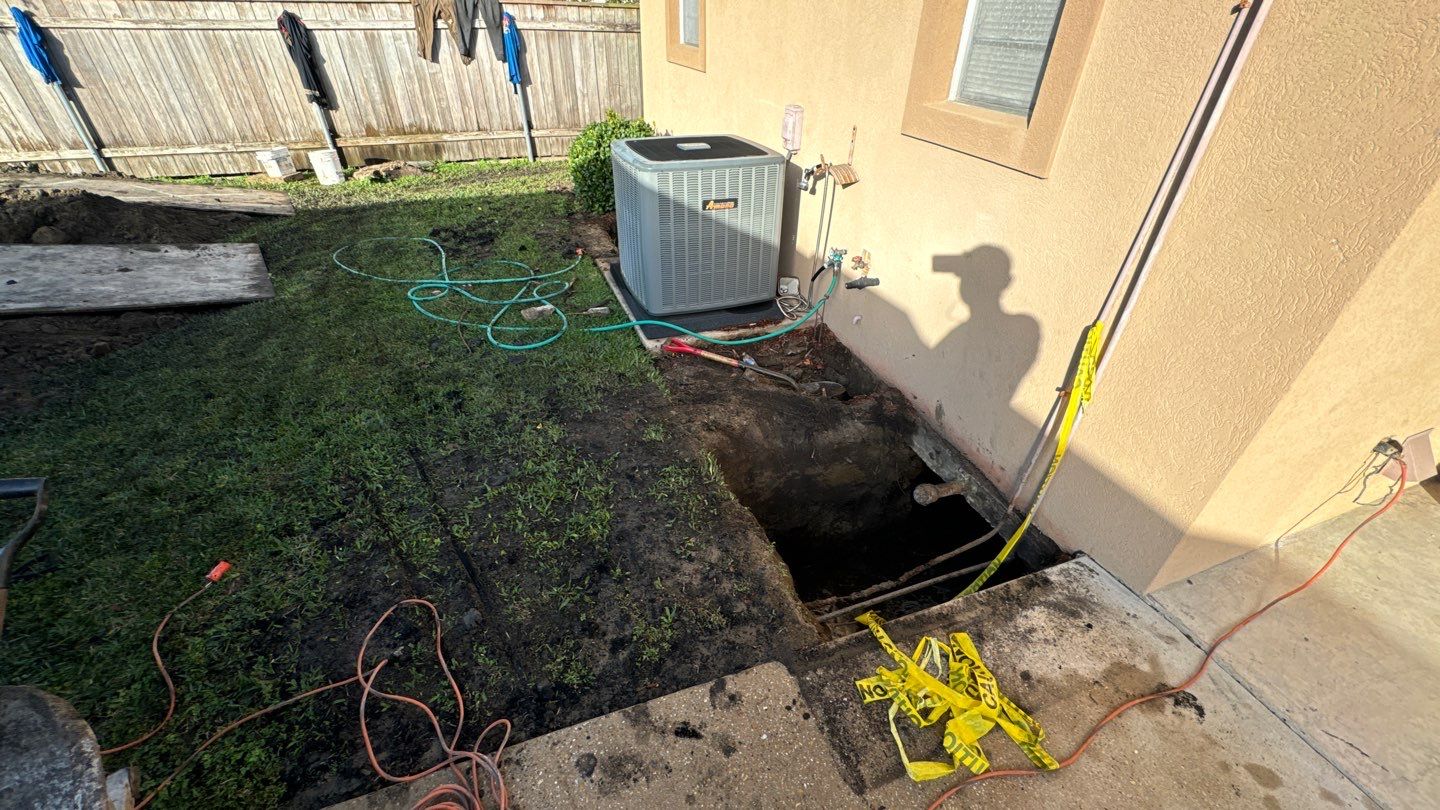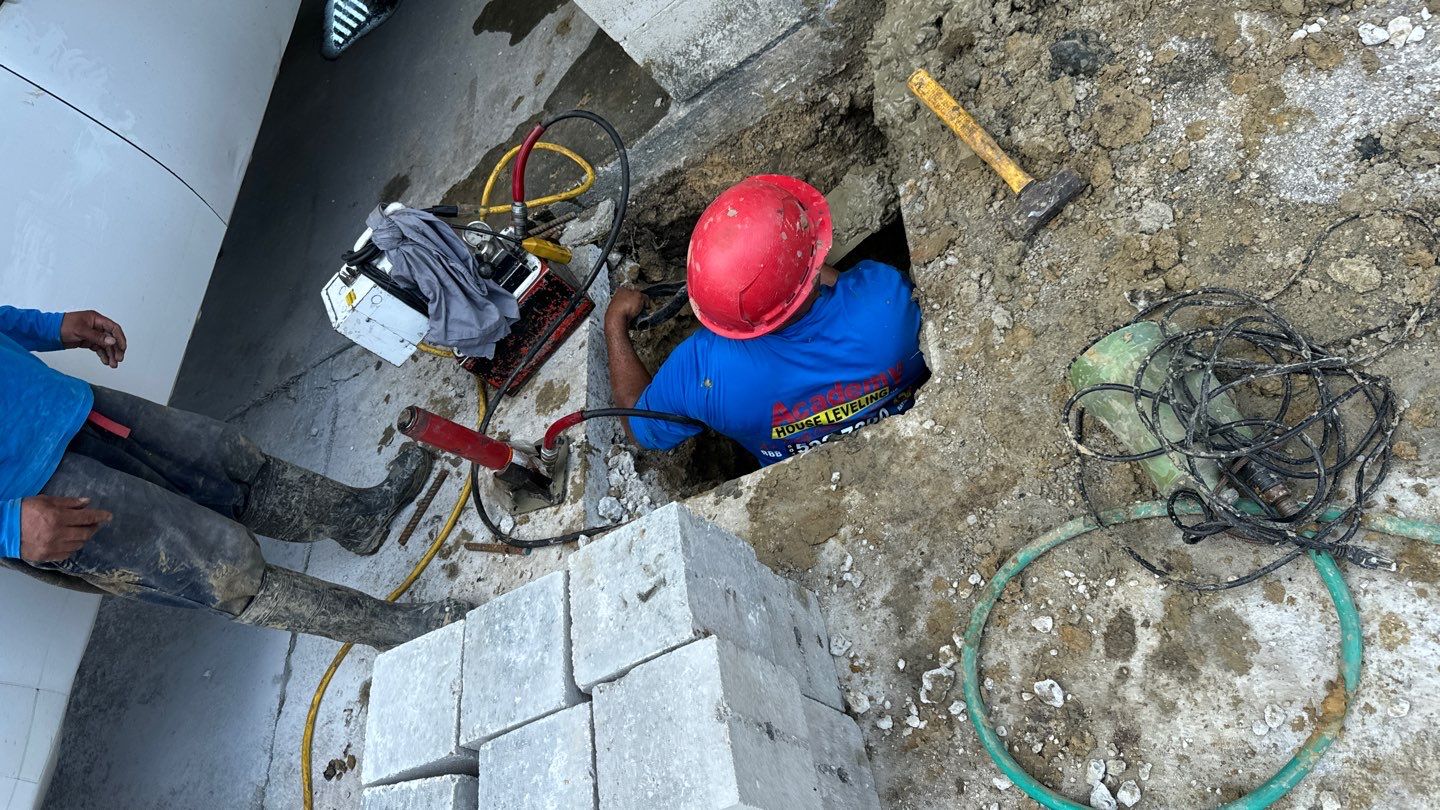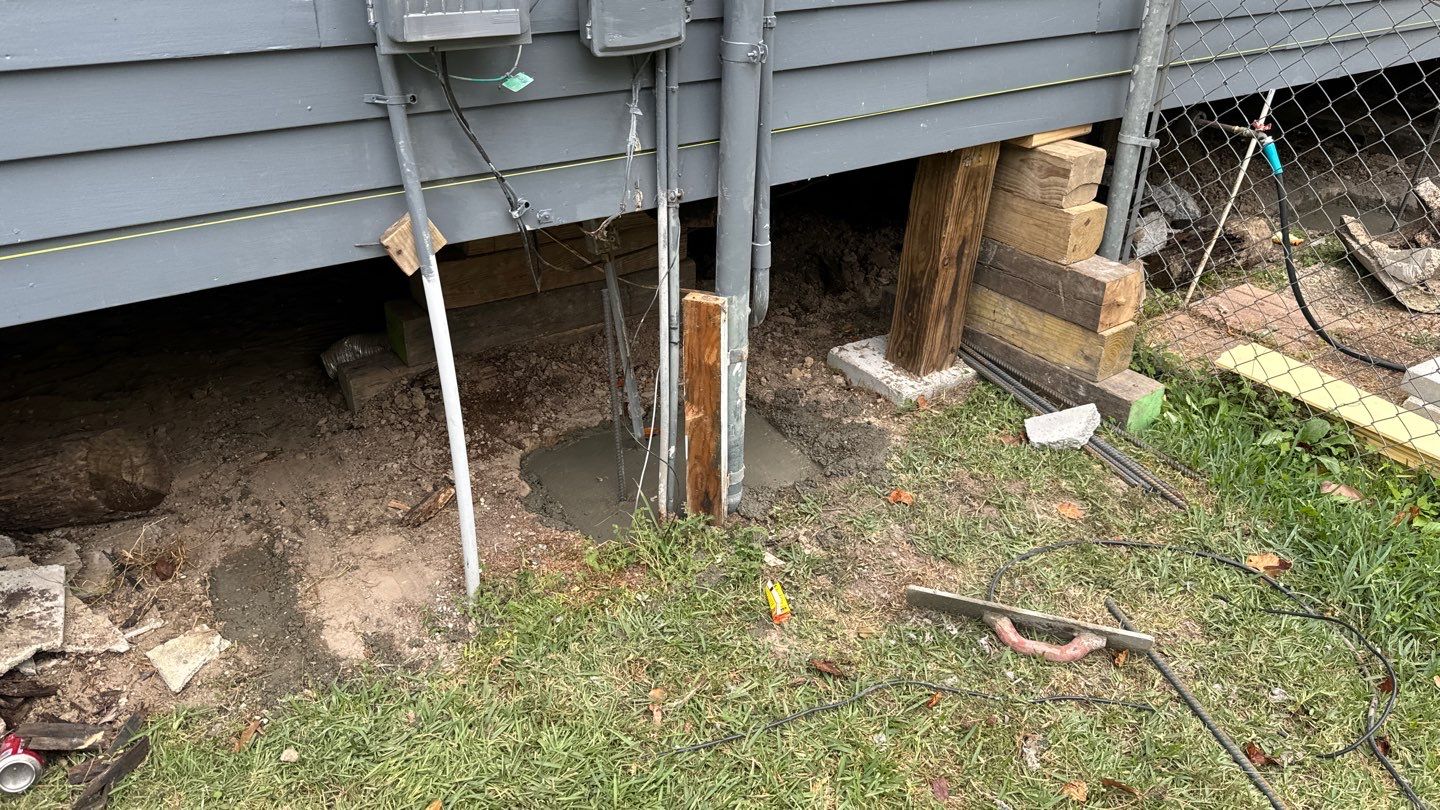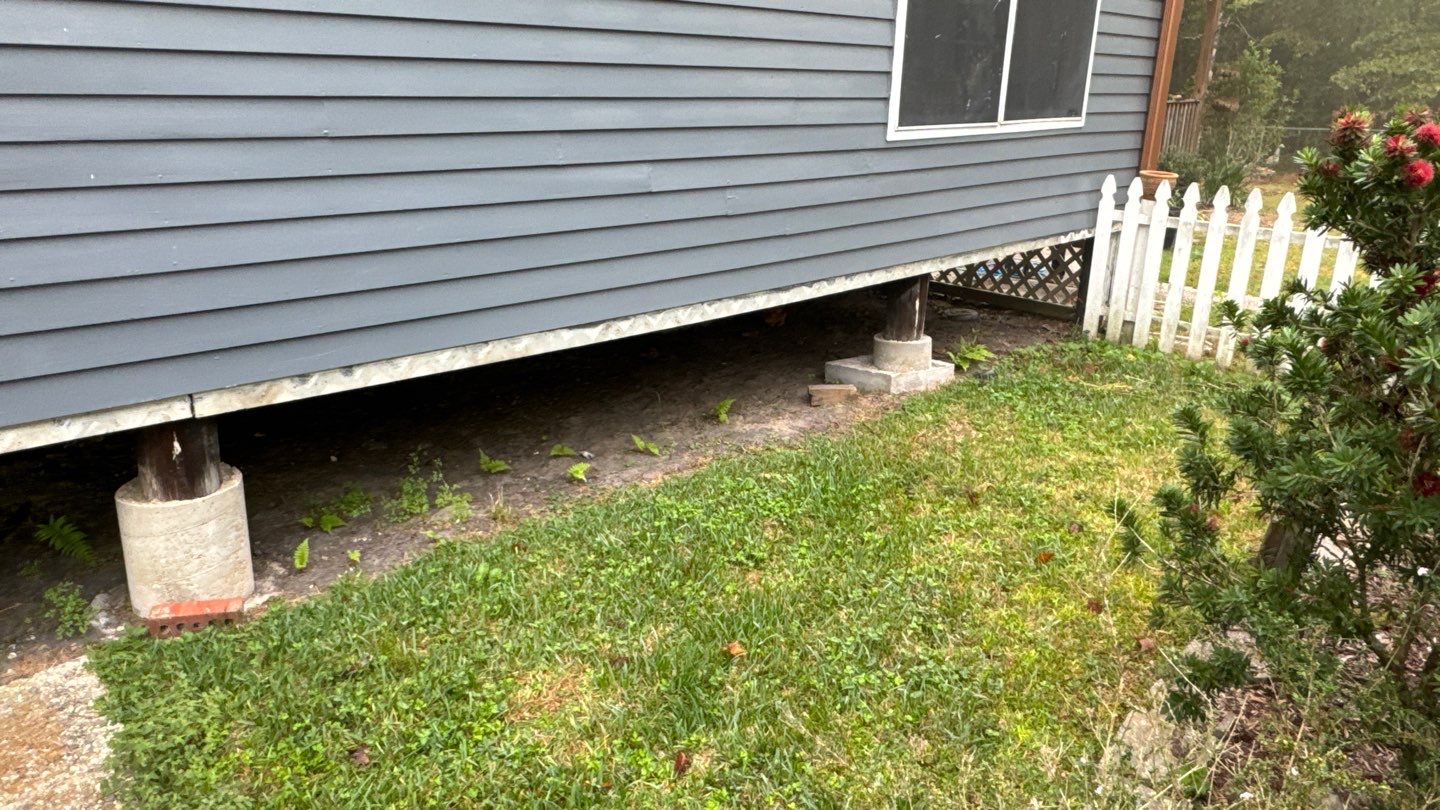
Drainage Issues in Baton Rouge: Local Solutions Informed by LSU Research
Drainage Solutions
09-Nov, 2023
Combating Water Woes in Baton Rouge Baton Rouge, with its unique topography and proximity to water bodies, faces significant drainage challenges. Leveraging local research, particularly from Louisiana State University (LSU), can provide insights into effective solutions tailored to the area’s specific needs. Understanding Baton Rouge’s Drainage Dilemmas Baton Rouge’s drainage issues stem from a combination […]
Combating Water Woes in Baton Rouge
Baton Rouge, with its unique topography and proximity to water bodies, faces significant drainage challenges. Leveraging local research, particularly from Louisiana State University (LSU), can provide insights into effective solutions tailored to the area’s specific needs.Understanding Baton Rouge’s Drainage Dilemmas
Baton Rouge’s drainage issues stem from a combination of flat terrain, clay-heavy soil, and its location along the Mississippi River. This combination can lead to slow water runoff, contributing to flooding and waterlogging.LSU’s Role in Drainage Research
LSU’s researchers have been at the forefront of studying Baton Rouge’s hydrology, developing innovative solutions to manage excess water effectively.- Hydrological Studies: LSU conducts studies to understand the behavior of water in Baton Rouge, considering rainfall patterns and river dynamics. [Reference 19]
- Soil Analysis: Research into the local soil’s absorption capabilities helps in designing drainage systems that work with, not against, the natural landscape. [Reference 20]
Local Solutions for Baton Rouge’s Drainage
Drawing on the expertise from LSU, Baton Rouge can implement several local solutions:Upgraded Drainage Infrastructure
- Expanded Drainage Canals: Enlarging existing canals and creating new ones where necessary to facilitate better water flow.
- Improved Sewer Systems: Updating sewer systems to handle heavy rainfall and prevent overflow.
Green Infrastructure
- Rain Gardens and Bios wales: Utilizing natural landscapes to absorb and filter water, reducing runoff and improving water quality.
- Permeable Pavements: Implementing surfaces that allow water to seep through, recharging groundwater and reducing standing water.
Community Engagement and Education
- Workshops and Seminars: LSU experts can lead community efforts to educate residents about best practices for reducing runoff and improving drainage on their properties.
- Citizen Science Programs: Encouraging residents to participate in data collection and monitoring to provide researchers with valuable information on local conditions.
The Impact of Effective Drainage Solutions
Implementing these solutions can have a profound impact on Baton Rouge’s resilience to water-related issues:- Flood Mitigation: Proper drainage systems can significantly reduce the occurrence and severity of floods.
- Environmental Benefits: Green infrastructure not only aids in water management but also promotes biodiversity and enhances urban green spaces.
- Economic Advantages: Reducing flood risk can lead to lower insurance premiums and increased property values.
A Collaborative Approach to Drainage
By combining local research from institutions like LSU with practical solutions, Baton Rouge can address its drainage challenges effectively. This collaborative approach promises a future where the city is better equipped to handle its unique water management needs.
Victor Moran
Helpful Tips, Real Stories & Home Repair Wisdom


